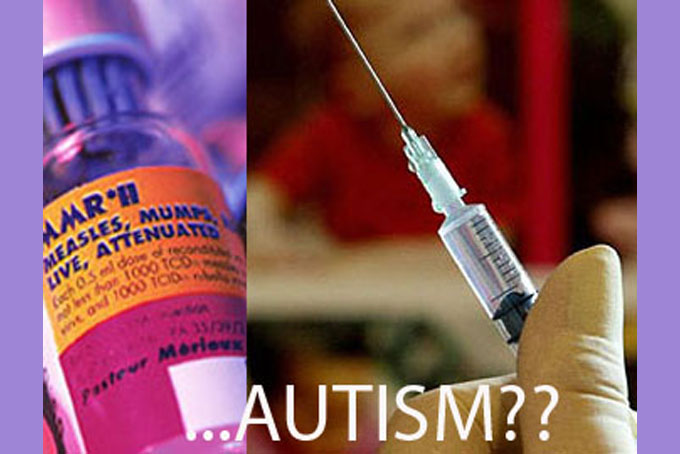
In the U.S. before 1963, it was common for most children to get measles. Approximately 3 to 4 million cases of measles occurred each year. Most children developed measles by age six, and 95 percent of children before age 15. In 1963, the first licensed measles vaccine became available, and another version became available in 1968.
This vaccine contained attenuated (a weakened form) of rubella and mumps viruses, along with the attenuated measles strain. This vaccine was licensed in 1971 and is currently known as the MMR vaccine (measles, mumps and rubella). Today, almost all children in the U.S. get this vaccine. The Centers for Diseases Control and Prevention (CDC) recommends that children receive two doses of MMR vaccine—the first dose between the ages of 12-15 months and the second dose at 4 to 6 years old.
Since then, hundreds of millions of MMR vaccinations have been given in the U.S. The vaccine has resulted in a decline in the number of measles cases and its complications. What used to be millions of clinical cases is now essentially none. This successful disease prevention effort has saved the health care industry billions of dollars. There have been fewer respiratory complications, hospitalizations, seizures and deaths due to the disease. In the past few years, a few cases and small outbreaks have occurred because of wild-type measles virus being brought into the U.S. from other countries. Children in the U.S. today are spared what was once a serious and potentially fatal fact of life.
There has also been a rise in the number of children who have received an autism spectrum disorder (ASD) diagnosis. Some people have concluded that the rise of ASD is due to children being immunized. According to Donald S. Burke, MD, dean of Pitt’s Graduate School of Public Health, this is not the case. Dr. Burke has done extensive research on published scientific literature related to the MMR vaccine and autism
“The measles vaccine has been shown to be highly effective and very safe,” he says. “No link to autism has been found in several carefully done studies by unbiased research teams who had no links to the vaccine industry. My own children and grandchildren have been vaccinated against measles.”
It’s still important that guardians of young children talk to their health care providers if they have any questions about the safety and effectiveness of vaccines.
Information for this article was provided by Pitt’s Graduate School of Public Health. More information about the MMR vaccine and autism can be found on the CDC Web site at https://www.cdc.gov/vaccinesafety/Vaccines/MMR/.
Your comments are welcome.
Follow @NewPghCourier on Twitter https://twitter.com/NewPghCourier
Like us at https://www.facebook.com/pages/New-Pittsburgh-Courier/143866755628836?ref=hl
Download our mobile app at https://www.appshopper.com/news/new-pittsburgh-courier